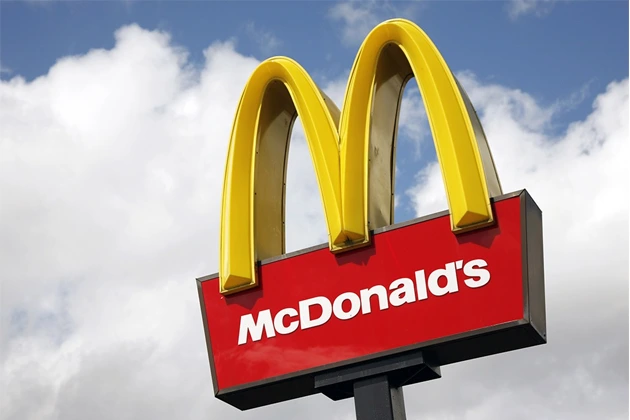It has been thirty years, but McDonald’s has finally increased its royalty fee for new franchise operators in the United States. The change took effect on January 1, 2024, with operators paying a five percent royalty rate rather than the previous three percent. However, this change will not apply to all franchise operators; those selling their franchises to other operators will pay the same rate.
For potential franchisees, this increase signals a shift in the financial landscape for new McDonald’s operators. While a two-percent increase might seem modest, it can significantly impact overall profitability, especially for new operators still managing startup costs. Prospective franchisees should seek guidance on structuring their business effectively under this new rate. Experts, such as those at Franchise.Law, can help navigate these legal and financial complexities, ensuring that franchise agreements are tailored to meet these new requirements while safeguarding the operator’s interests.
The New Royalty Rate and Other Changes
The McDonald’s royalty rate imposed on franchise operators is a monthly percentage of their sales. The rate was increased to five percent, and it applies to newcomers to the franchising business. That is, those who are buying a restaurant or opening a franchise for the first time will pay the new rate.
In addition to the increase in rate, McDonald’s has also changed the term it uses to describe the rate. The company says it changed the term from “service charge” or “service fee” to “royalty” to reduce confusion.
The Purpose of the Royalty Fee
McDonald’s executives shared the news with franchisees and employees in 2023 through letters obtained by CNN. In one letter, Joe Erlinger highlighted that the change will align the North American market with the international market, where the royalty rate has consistently been five percent. Additionally, this alignment will better reflect the brand’s value both in the United States and globally.
Franchise operators pay a royalty fee to access McDonald’s expertise, use the brand, and pay for expenses like restaurant renovations. The royalty fee costs have created tensions between the franchise operators and the company in the past. The conflicts led to the creation of the first-ever advocacy group in 2018, known as the National Owners Association.
Who Will the New Royalty Fee Affect?
The company said the changes will only impact a small number of restaurants for now. According to the company’s estimations, the change would be limited to hundreds of restaurants in the United States. Over time, more restaurants of the 13,400 US locations and 40,300 global McDonald’s locations will be required to pay the new rates.
The CEO, Chris Kempczinski, noted that the company is always looking ahead, which is why it has to make long-term changes. “Making decisions for the long-term helps the company to earn its success rather than assume or expect it,” Kempczinski says.
Perhaps this is a good time for McDonald’s to make the case that aspiring franchise operators should pay more. Sales at the US locations of McDonald’s over at least 13 months went up 10.3 percent. Although other chains are struggling to bring more customers into restaurant locations, the company is reporting massive growth in US traffic.
Conclusion: Is buying a McDonald’s franchise worth it in 2024?
With the rise in McDonald’s franchise royalty rate, owning the company franchise is not for the faint of heart—or wallet.
A McDonald’s location made an average of $2,908,000 in sales in 2020, with a ten percent profit margin. That means with an estimated annual profit of $290,800 and an average of $1,813,897 investment, the franchise would recover its investment in 8.5 years. McDonald’s is one of the strongest franchise operations worldwide, with a reputation for serving fast food cheaply. You will likely invest over one million dollars, maybe even two, and you must be willing to follow the “McDonald’s Way.” Nevertheless, McDonald’s rakes in the most franchise revenue yearly, with annual sales going to $100 billion, out of which McDonald’s keeps 82 percent.










